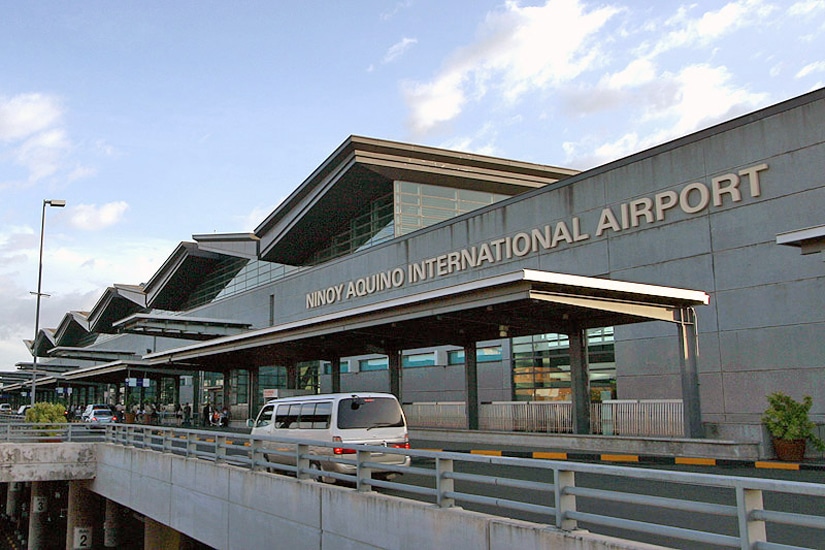Cebu Pacific Air (CEB) supports the long-term vision of the New NAIA Infrastructure Corp. (NNIC), which includes terminal re-assignments.
However, CEB emphasizes the need for operational support and systems before implementing any changes.
NNIC general manager Angelito Alvarez announced that the Ninoy Aquino International Airport’s (NAIA) improvement program includes terminal reassignments to be implemented two years after the completion of NAIA Terminal 2.
He explained that the airport currently has a design capacity of 35 million passengers but is expected to reach 51 million by the end of the year, causing significant congestion and impacting the passenger experience.
But CEB management stated that for a seamless transition with minimal disruption to passengers, a thorough consultative process and sufficient preparation time are essential for every terminal transfer.
They cited the example of Singapore, where it took a year of discussions and coordination before moving to Changi Airport Terminal 4 from the low-cost carrier terminal, emphasizing the critical need for comprehensive planning and cooperation in such transitions.
CEB also mentioned that minimal disruption for passengers is crucial, especially during peak travel periods like Christmas season.
“If sufficient time and consultation are given, terminal transfers can be handled smoothly. With proper planning and open communication, airlines can successfully manage these transitions,” it stated.
Department of Transportation Secretary Jaime Bautista expressed confidence that NNIC would drastically improve the country’s main gateway into a globally competitive and modernized airport.
The Air Carriers Association of the Philippines (ACAP) and Board of Airline Representatives (BAR) have expressed their support for NNIC, which is set to take over the maintenance and operations of NAIA starting Friday, September 13.
ACAP, composed of Philippine carriers AirAsia Philippines, CEB, CebGo, PAL Express, and Philippine Airlines, and BAR, composed of thirty-six (36) local and foreign airlines, look forward to the anticipated infrastructure improvements and their potential positive impact on passenger experience.
The associations note, however, that passengers may expect adjustments in travel costs once new airport fees are implemented.
“We are eager to engage with NNIC and the government to address the potential adverse effects on travel demand and to ensure that the interests of both airlines and passengers are represented. We look forward to positive outcomes for all stakeholders in the course of the transition to privatized airport management and we earnestly await the holding of consultation meetings by NNIC that will clearly outline the steps to be taken for the upcoming transition,” ACAP and BAR stated.
ACAP and BAR remain committed to collaborating closely with NNIC and are hopeful that the adjustment in fees will result in enhanced operational efficiency at NAIA, ultimately improving the customer experience.

